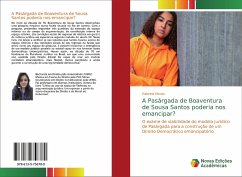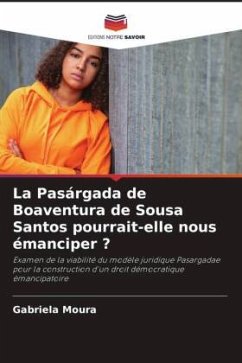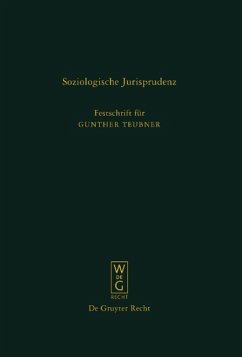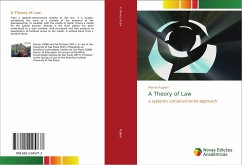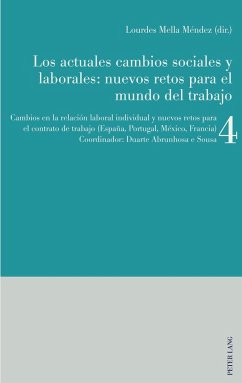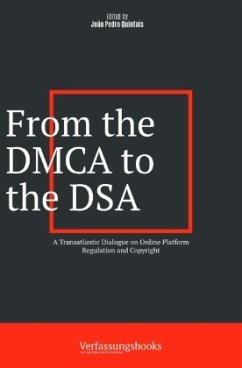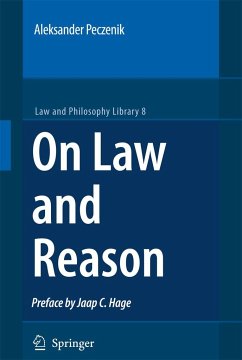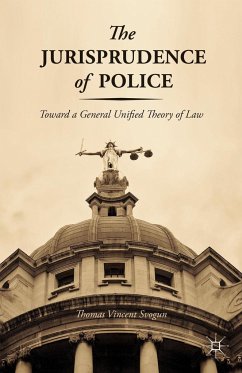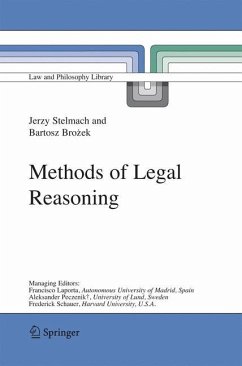
Could Boaventura de Sousa Santos' Pasárgada emancipate us?
Examining the viability of the Pasargadae legal model for the construction of an emancipatory democratic law
Versandkostenfrei!
Versandfertig in 6-10 Tagen
27,99 €
inkl. MwSt.

PAYBACK Punkte
14 °P sammeln!
In the early 1970s, Boaventura de Sousa Santos carried out empirical research in a favela in Rio de Janeiro. With this research, he aimed to answer three questions: the extent of the rhetorical space or field of argumentation, the internal constitution of the rhetorical space, and the social conditions of the return of rhetoric in general and legal rhetoric in particular in the second half of the twentieth century. In this book, I set out to see if, in the answers Santos sought about the rhetorical space and the social conditions of its return in the favela that served as his research space, i...
In the early 1970s, Boaventura de Sousa Santos carried out empirical research in a favela in Rio de Janeiro. With this research, he aimed to answer three questions: the extent of the rhetorical space or field of argumentation, the internal constitution of the rhetorical space, and the social conditions of the return of rhetoric in general and legal rhetoric in particular in the second half of the twentieth century. In this book, I set out to see if, in the answers Santos sought about the rhetorical space and the social conditions of its return in the favela that served as his research space, it is possible to find the emergence of a legal model parallel to the state model capable of providing us with emancipatory democratic bases. Was there thus, in the 1970s, a phenomenon of Legal Pluralism in Brazil, in which a community not assisted by State Law was able to create an emancipatory normative model, more flexible, less punitivist and still guarantee the construction of a democratic legitimacy?



